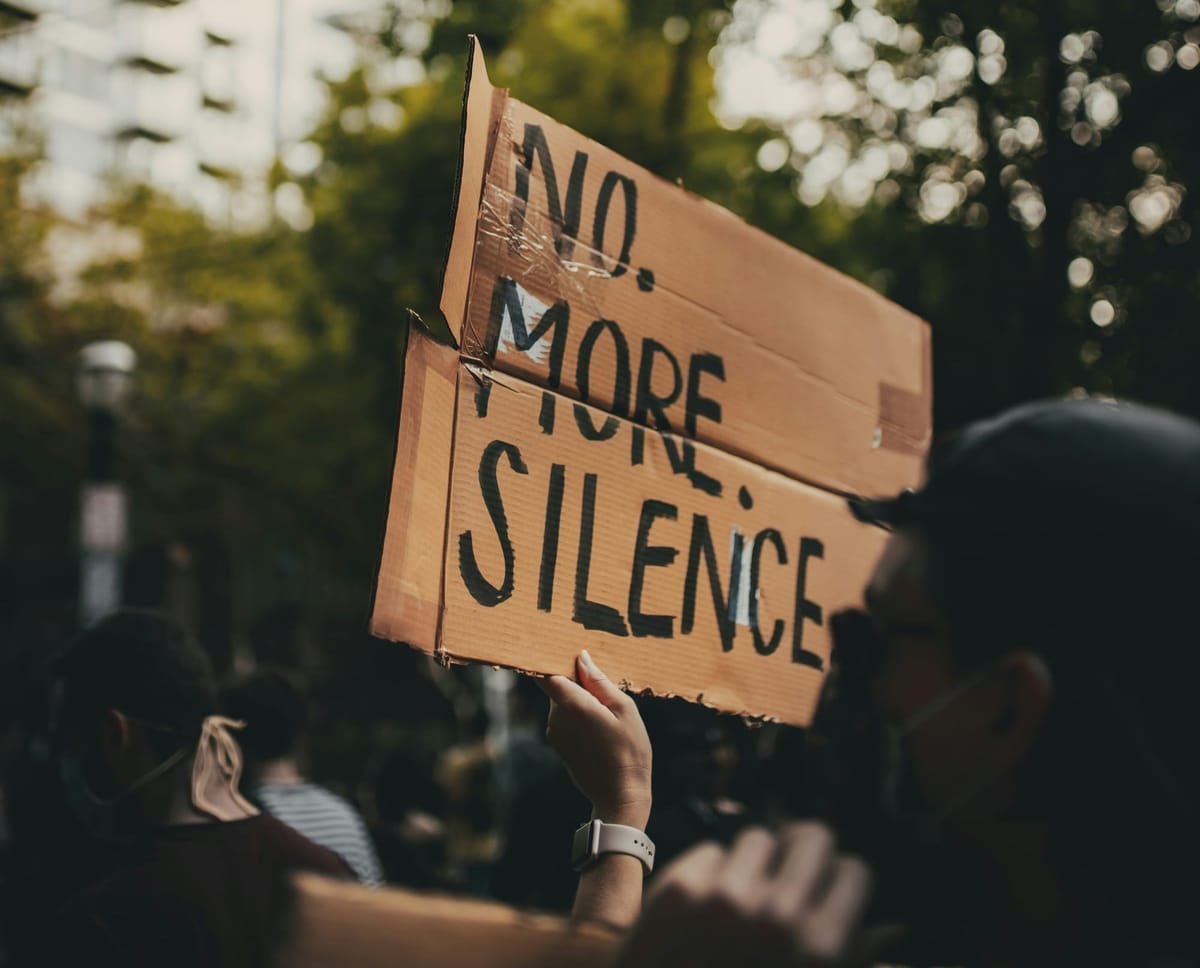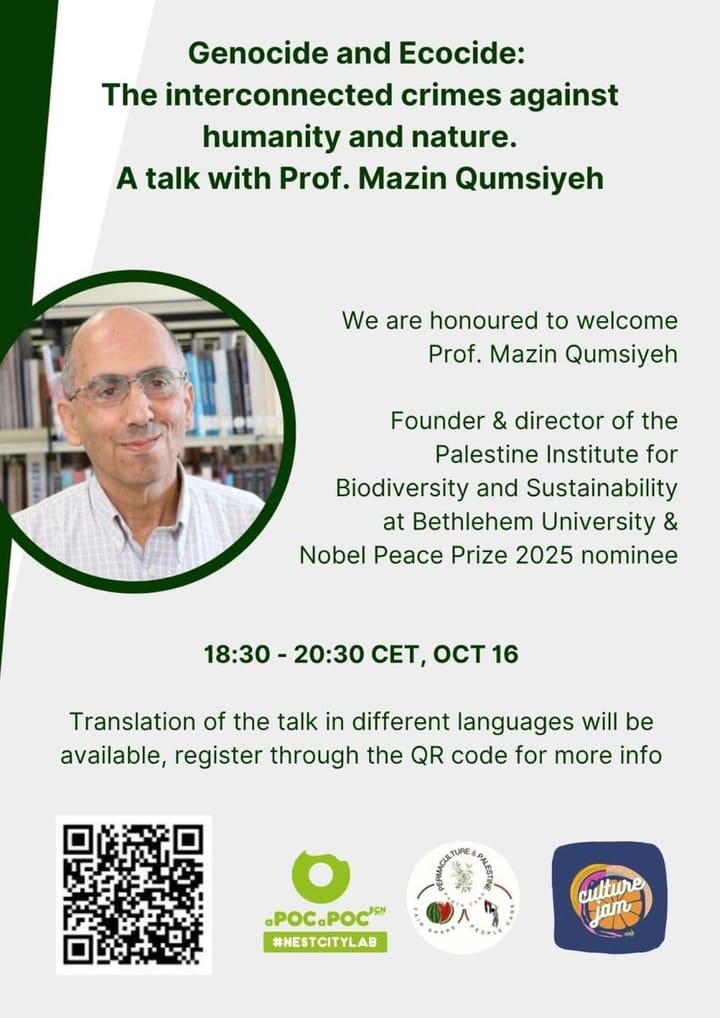Addressing the elephant in the room: scientists speaking up against militarism

By Flavio Del Santo, Carlo Rovelli, and Francesca Vidotto.
This year, we celebrate the centenary of quantum theory, and UNESCO has declared 2025 the International Year of Quantum Science and Technology. To honor this important scientific milestone, an extraordinary number of public events, conferences, and academic gatherings have been organized around the world.
It so happened that we—three theoretical physicists and members of IUS—recently participated in one such event. Only upon our arrival did we realize, to our great surprise, that the conference was also sponsored by two U.S. military agencies.
We therefore decided to take action and address the proverbial “elephant in the room.” We drafted an email to all 50+ speakers to express our deep concern about the ethical implications of accepting military funding. In light of the horrifying current situation, we highlighted the specific issue of complicity with the U.S. military system—an institution that, among other destructive activities, supports Israel’s genocidal campaign against the Palestinian people, and now the attack on Iran. We then asked participants to reflect on this issue and consider breaking the silence by using the platform provided by the conference talks and panel discussions.
We report here the text of the letter:
Dear Speakers,
We would like to draw your attention to the fact that this conference is sponsored by two U.S. military agencies: the Air Force Office of Scientific Research and the Army Research Office.
As we gather to celebrate the first hundred years of quantum theory, we must also acknowledge that this year marks the 80th anniversary of the nuclear bombings of Hiroshima and Nagasaki—events that led Oppenheimer to remark: “The physicists have known sin; and this is a knowledge which they cannot lose.”
Today, with a quarter of the world’s population affected by armed conflict—including the Russian-Ukrainian war, which has already caused over a million casualties—the risk of nuclear catastrophe is at an all-time high. The Bulletin of the Atomic Scientists has set the Doomsday Clock to 89 seconds before midnight.
Meanwhile, the situation in the Middle East is most alarming. Israel’s ongoing brutal assault on Gaza and its illegal occupation of Palestinian territories—actions that the International Court of Justice has stated may amount to genocide—continue with the backing of U.S. military support, which provides 69% of Israel’s arms.
We believe science should be dedicated to the pursuit of knowledge and the betterment of humanity—not entangled with military interests and their destructive applications. Especially in this historical moment, scientists have a moral and civic duty to speak out against the increasing militarization and refuse complicity with it.
For this reason, we invite you to reflect on this issue—and, if it aligns with your values, to take a moment during your presentation to publicly acknowledge this problem in the way you deem appropriate.
One of us (C.R.) gave a talk and used the opportunity to express his concerns publicly. Another (F.D.S.) chose to replace his scientific poster with one that conveyed the same concerns outlined in our letter.
The reactions were significant: several other speakers—including Nobel laureates—made statements in support of peace, international cooperation, and opposition to militarism, while also expressing regret over the absence of Russian scientists from a meeting of such historical importance. Overall, the statements were mostly quite moderate, avoiding mention of specific geopolitical issues or the direct responsibility of scientists in military research. However, despite their cautious tone, we sensed that many found these expressions relieving and long overdue. It felt as though the silence was beginning to break, and that scientists could no longer ignore the fate of the outside world but instead acknowledge the responsibility that comes with their work. Many came to us to congratulate, thank, and express solidarity.
Incidentally, we also wish to address a common criticism that appears to be widespread, at least within the scientific community. Several physicists argue that accepting military funding for basic research or the organization of scientific events is not only acceptable but even desirable. This view is often supported by a kind of “Robin Hood syndrome,” in which scientists believe they are diverting funds that would otherwise be used for weapons development toward peaceful, academic purposes.
While we understand the pragmatic reasoning behind this stance, we believe that the moral compromise it entails is too high a price to pay. Accepting sponsorship from military agencies normalizes the idea that close ties between science and the military are acceptable. It makes such associations feel routine, dulling the discomfort one ought to feel when linked to institutions whose actions cause immense suffering and loss of life. Moreover, it reinforces the notion that the vast sums allocated to the military are inevitable and unchallengeable—when in fact, we should be advocating for a reallocation of those resources toward education, infrastructure, and other vital civil services at the source. Rather than justifying small symbolic “thefts” from military budgets, we should work to foster a culture that rejects militarism and any complicity with it on principled, ideological grounds. (Besides, to make even the smallest dent in military spending through this approach, we would need millions of such conferences.)
We share the story of this small, improvised action in the hope that it may inspire other academics and scientists to take similar steps. We encourage our colleagues to engage in public discourse, using every available forum—conferences, interviews, articles, and social media—to make their voices heard.
This year, 2025, also marks the 70th anniversary of the Einstein-Russell Manifesto, which placed the spotlight on the responsibility of scientists in the development of weapons of mass destruction and sounded a clear cry of “never again.” And yet, here we are. Scientists possess both a special responsibility and unique tools to influence the course of events. And in a world that once again hangs on the edge of self-destruction, it is more urgent than ever to overcome our fears and speak out. Silence, in times like these, is a luxury we cannot afford.




Comments ()